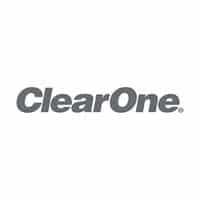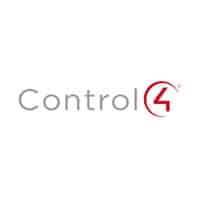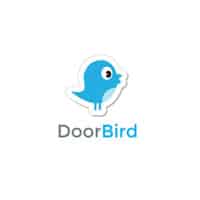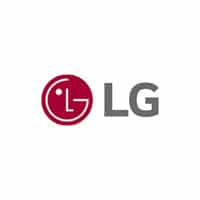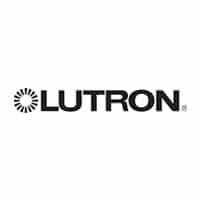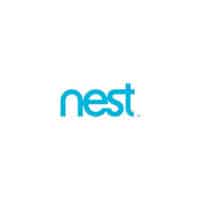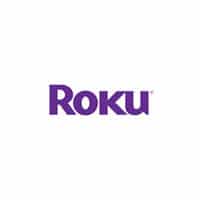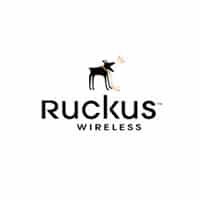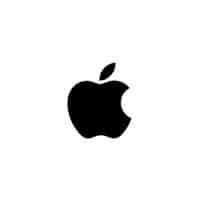In an era defined by technological innovation, the healthcare industry is undergoing a profound transformation. One of the key contributors to this evolution is the integration of smart systems into medical offices. From enhancing operational efficiency to optimizing patient care, the benefits are manifold. In this comprehensive exploration, we delve into the myriad reasons why medical offices should embrace smart systems for a future-forward approach to healthcare.
1. Streamlining Administrative Tasks: Smart systems play a pivotal role in automating routine administrative tasks, allowing medical staff to focus on what matters most—patient care. Automated appointment scheduling, billing processes, and patient record management not only save time but also significantly reduce the risk of human error, fostering a more efficient and error-free workflow.
2. Enhanced Patient Experience: In the digital age, patients expect a seamless and personalized healthcare experience. Smart systems enable medical offices to provide just that. From streamlined check-in processes to automated reminders for appointments, these systems contribute to a positive patient experience that promotes satisfaction and loyalty.

3. Improved Security and Compliance: Ensuring the security and confidentiality of patient information is paramount in healthcare. Smart systems employ robust security measures, including encryption and access controls, to safeguard sensitive data. Moreover, they aid medical offices in adhering to regulatory requirements such as HIPAA, mitigating the risk of non-compliance and associated penalties.
4. Efficient Resource Management: Smart systems empower medical offices to optimize resource allocation, whether it’s managing staff schedules, monitoring inventory levels, or tracking equipment usage. This proactive approach enhances overall operational efficiency, minimizes waste, and ensures that medical facilities are adequately equipped to meet patient needs.

5. Real-Time Data Analytics: The ability to access and analyze real-time data is a game-changer in healthcare. Smart systems collect and process data, providing medical professionals with valuable insights into patient trends, treatment outcomes, and operational efficiency. This data-driven approach enables informed decision-making, ultimately leading to improved patient care and resource utilization.
6. Remote Monitoring and Telehealth: Especially relevant in the current landscape, smart systems facilitate remote patient monitoring and telehealth services. This technology enables medical professionals to monitor patients’ vital signs, chronic conditions, and overall health remotely, fostering timely interventions and reducing the need for unnecessary in-person visits.
7. Energy Efficiency and Sustainability: Beyond operational benefits, smart systems contribute to sustainability efforts in healthcare. Energy-efficient lighting, HVAC systems, and automated energy management not only reduce operational costs but also align medical offices with environmentally conscious practices, contributing to a greener and more sustainable future.
8. Future-Proofing Healthcare: The rapid pace of technological advancement means that staying ahead is crucial. Implementing smart systems in medical offices positions healthcare facilities on the cutting edge of innovation. This not only attracts forward-thinking professionals but also ensures that patients receive the benefits of the latest advancements in healthcare technology.
9. Seamless Integration of Medical Devices: Smart systems enable the seamless integration of various medical devices, creating a cohesive network that enhances diagnostic capabilities and treatment modalities. From diagnostic imaging to wearable health tech, the interoperability of these systems ensures a holistic approach to patient care.

The integration of smart systems in medical offices represents a paradigm shift in healthcare delivery. From improving operational efficiency and enhancing patient experiences to facilitating remote care and ensuring compliance, the benefits are both immediate and far-reaching. As the healthcare landscape continues to evolve, embracing smart systems is not just an option but a strategic imperative for medical offices committed to delivering exceptional care in the digital age. It’s a transformative journey towards a more connected, efficient, and patient-centric future for healthcare.
Curious about installing a smart system in your Chicagoland medical clinic? Give us a call today.


